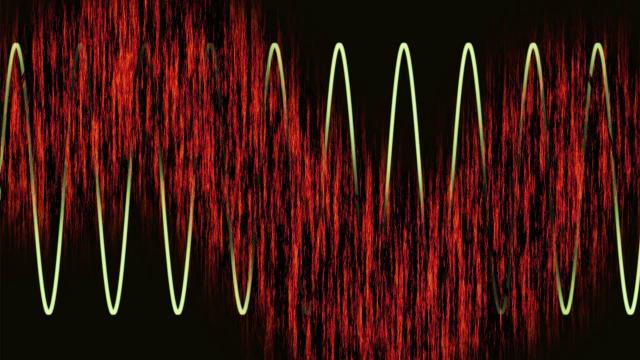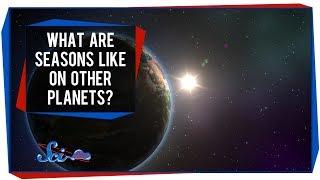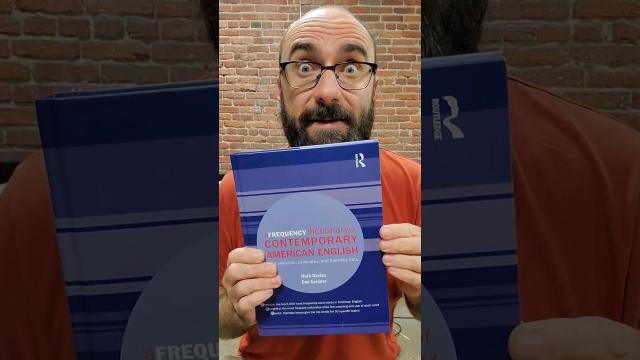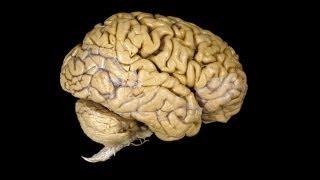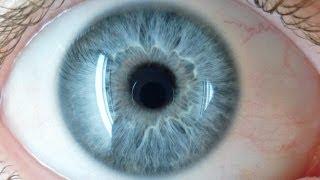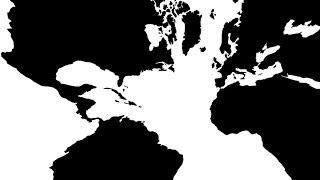Time Travel, Teleportation & Science
Time travel is the concept of moving between different points in time in a manner analogous to moving between different points in space, generally using a theoretical invention, namely a time machine. It has a commonly recognized place in philosophy and fiction, but has a very limited application in real world physics, such as in quantum mechanics or wormholes.
Although the 1895 novel The Time Machine by H. G. Wells was instrumental in moving the concept of time travel to the forefront of the public imagination, The Clock That Went Backward by Edward Page Mitchell was published in 1881 and involves a clock that allowed three men to travel backwards in time.[1][2] Non-technological forms of time travel had appeared in a number of earlier stories such as Charles Dickens' A Christmas Carol. Historically, the concept dates back to the early mythologies of Hinduism (such as the Mahabharata), Buddhism, and Islam through ancient folk tales. More recently, with advancing technology and a greater scientific understanding of the universe, the plausibility of time travel has been explored in greater detail by science fiction writers, philosophers, and physicists.
Teleportation, or Teletransportation, is the theoretical transfer of matter or energy from one point to another without traversing the physical space between them. It has a commonly recognized place in science fiction literature, film, and television, but as yet has a very limited application in real world physics, such as quantum teleportation or the study of wormholes.
Science (from Latin scientia, meaning "knowledge") is a systematic enterprise that builds and organizes knowledge in the form of testable explanations and predictions about the universe. In an older and closely related meaning, "science" also refers to a body of knowledge itself, of the type that can be rationally explained and reliably applied. A practitioner of science is known as a scientist.
In modern usage, "science" most often refers to a way of pursuing knowledge, not only the knowledge itself. It is also often restricted to those branches of study that seek to explain the phenomena of the material universe.
Source : Wikipedia
-
06:08
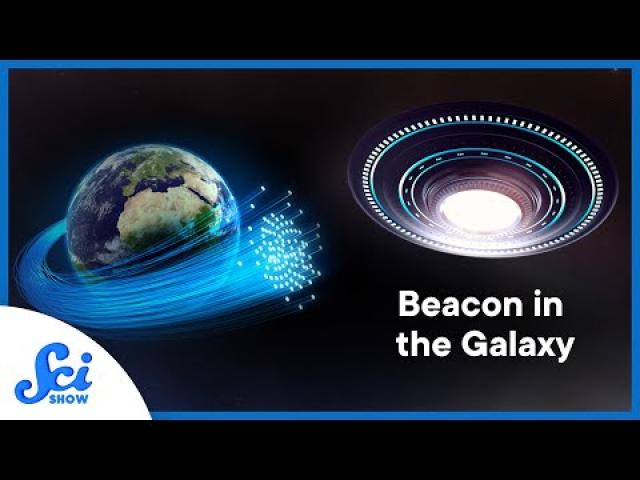
We’re Talking To Aliens
Added 195 Views / 0 LikesWe’ve done a lot of searching for life in the universe and we need to continue to if we hope to make contact. But not all of our attempts were expected to succeed. That’s where Beacon in the Galaxy comes in. Hosted By: Hank Green----------Huge thanks go t
-
00:59
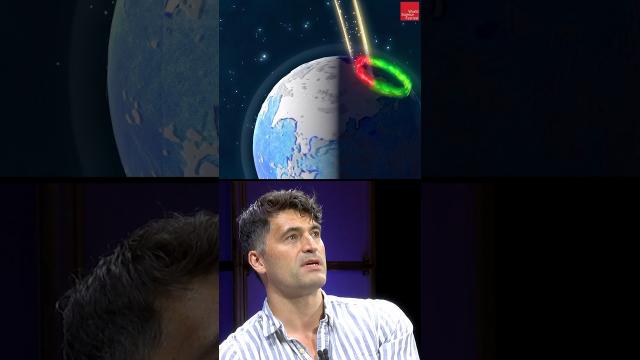
We’ve discovered thousands of exoplanets, but what about exomoons? #astronomy #spaceexploration
Added 102 Views / 0 Likes -
05:47
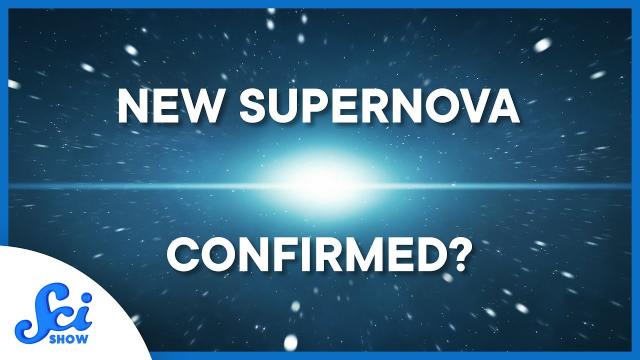
We’ve Found a New(ish) Type of Supernova
Added 279 Views / 0 LikesWe’ve known about different types of supernovas for some time, but researchers now believe they have observed a previously unseen kind! And, sadly, the odds of life on Venus may not be as high as we once believed.Hosted by: Hank GreenSciShow has a spinoff
-
29:23
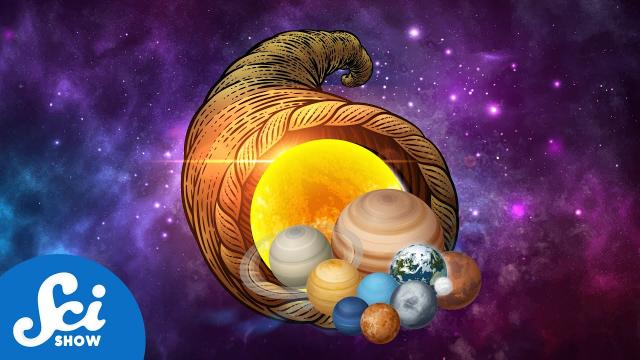
What A Wonderful Universe | Compilation
Added 172 Views / 0 LikesThe colors of the rainbow are truly so pretty in sky, and in this homage to those colors, you'll find even more color to marvel at in the universe beyond!Hosted by: Hank Green (he/him)----------Huge thanks go to the following Patreon supporter for helping
-
02:47
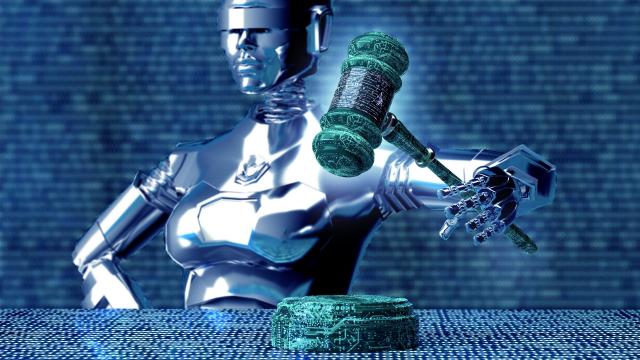
What Are Asimov's Three Laws of Robotics?
Added 698 Views / 0 LikesWhat Are Asimov's Three Laws of Robotics?
-
00:41
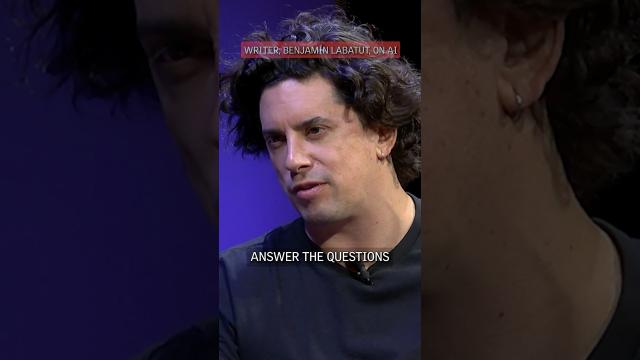
What are the best (and most dangerous) uses for artificial intelligence? #artificialintelligence #ai
Added 69 Views / 0 Likes -
02:49
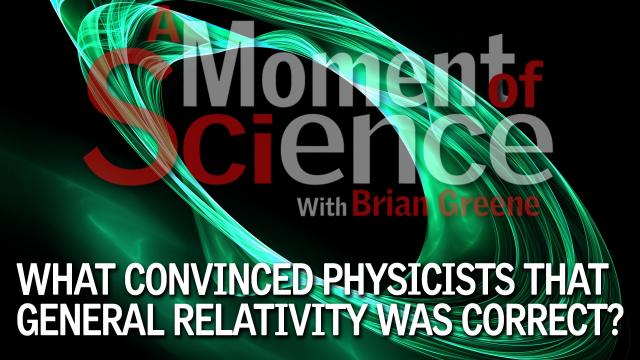
What convinced physicists that General Relativity was correct?
Added 733 Views / 0 LikesWhat convinced physicists that General Relativity was correct?
-
45:45
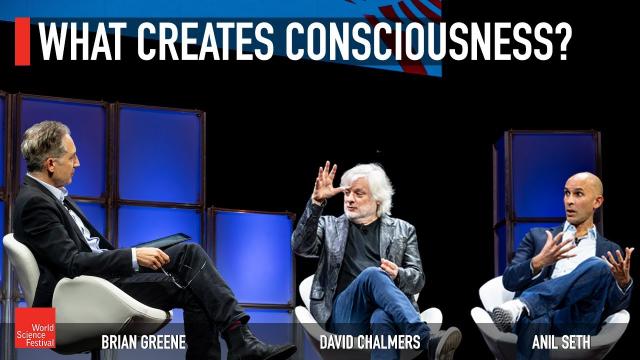
What Creates Consciousness?
Added 98 Views / 0 LikesRenowned researchers David Chalmers and Anil Seth join Brian Greene to explore how far science and philosophy have gone toward explaining the greatest of all mysteries, consciousness--and whether artificially intelligent systems may one day possess it.Thi
-
1:30:51
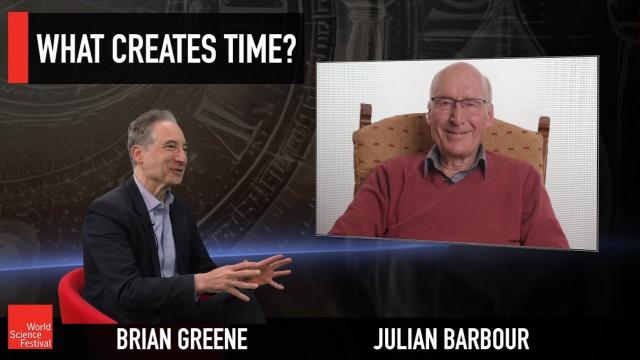
What Creates Time? A Challenge to Scientific Orthodoxy
Added 44 Views / 0 LikesScientist and author Julian Barbour joins Brian Greene to explain his heterodox views on the nature of time, entropy, and cosmic origins.This program is part of the Big Ideas series, supported by the John Templeton Foundation. Participant: Moderator: Bria
-
00:59
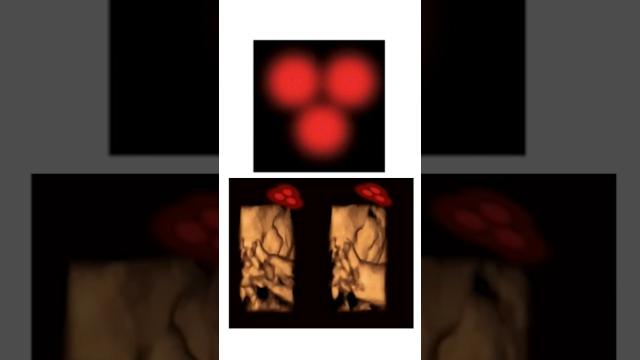
What Did You See Before You Were Born?
Added 174 Views / 0 Likessources:https://onlinelibrary.wiley.com/doi/abs/10.1002/dev.20506https://www.cell.com/current-biology/fulltext/S0960-9822(17)30580-8?_returnURL=https%3A%2F%2Flinkinghub.elsevier.com%2Fretrieve%2Fpii%2FS0960982217305808%3Fshowall%3Dtrue#bib5https://nucubab
-
04:47
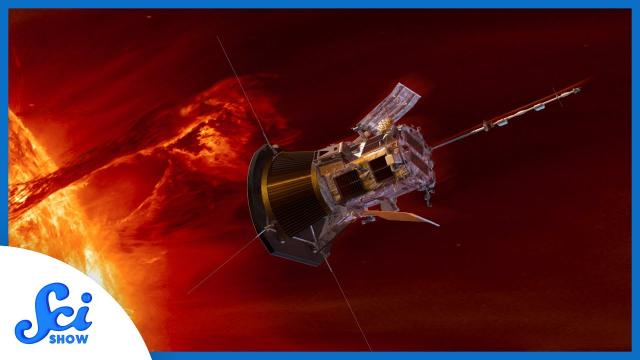
What Do You Learn When You Touch the Sun?
Added 209 Views / 0 LikesThough our Sun is something we can count on to rise and set each day, it also comes with some phenomena that can catch us by surprise: solar winds. To better predict when these winds will travel all the way to Earth, we sent the Parker Solar Probe to our
-
01:55

What Does Danger Look Like to a Driverless Car?
Added 468 Views / 0 LikesWhat Does Danger Look Like to a Driverless Car?
-
00:57
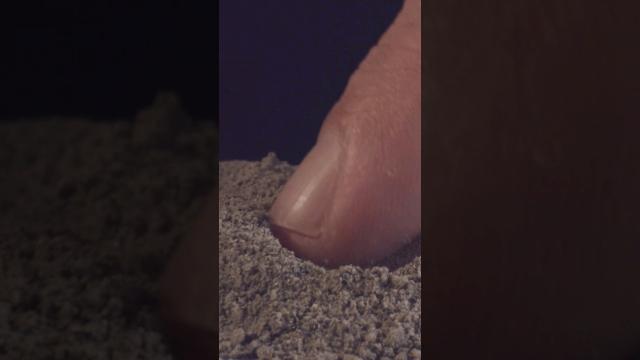
What Does Mars FEEL Like?
Added 111 Views / 0 LikesJoin me with code MARS for 30% off your first box!https://www.curiositybox.com/

